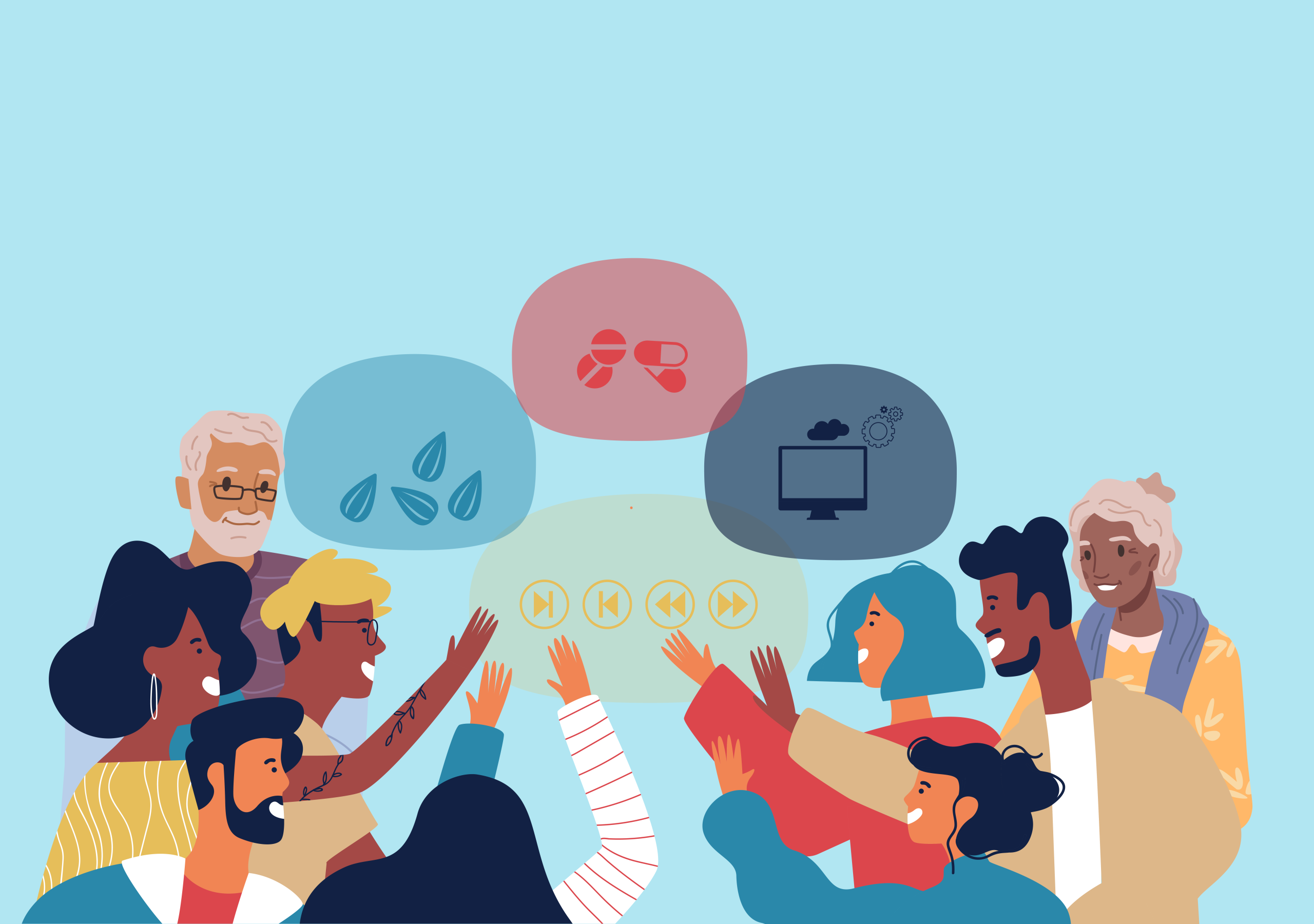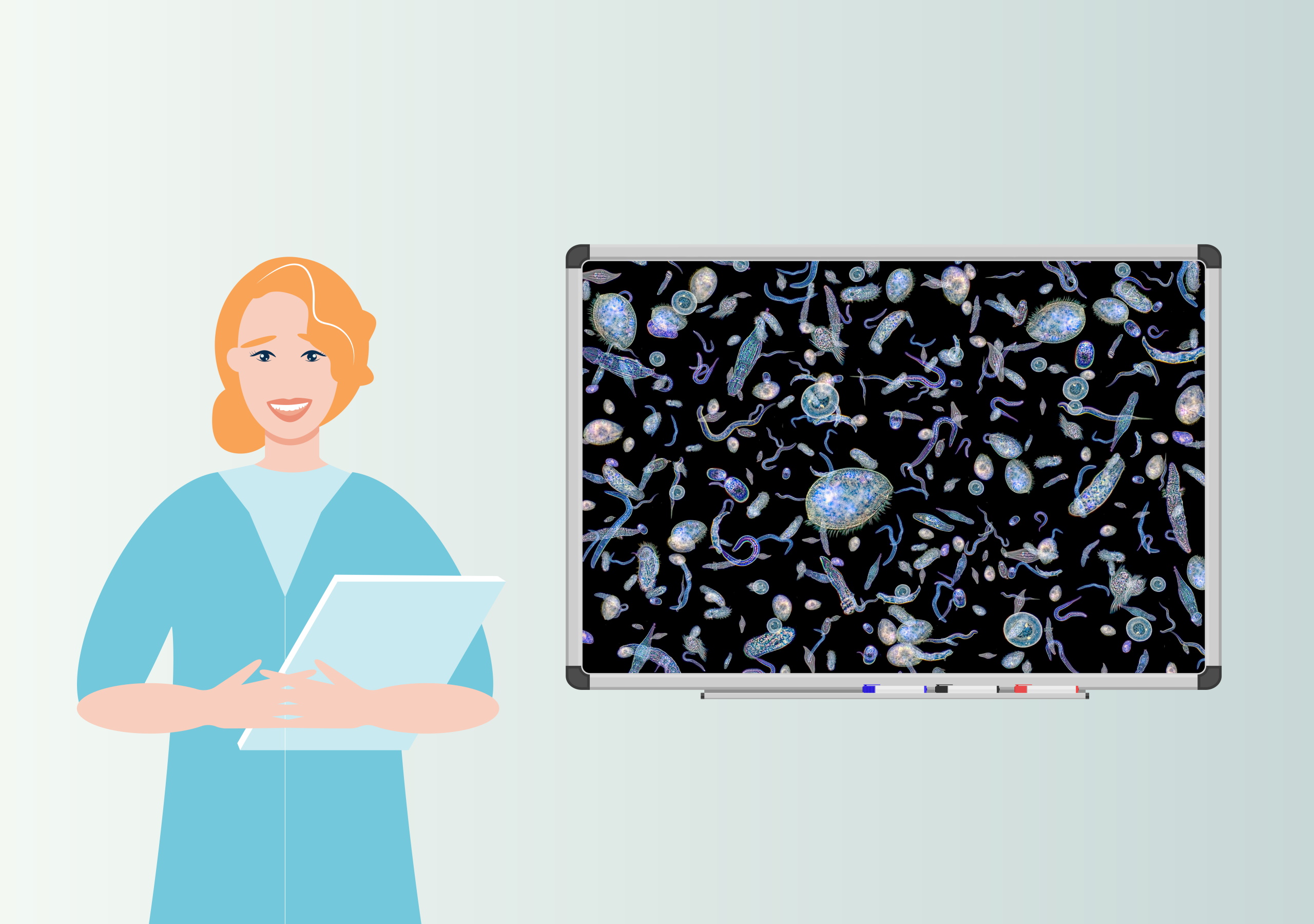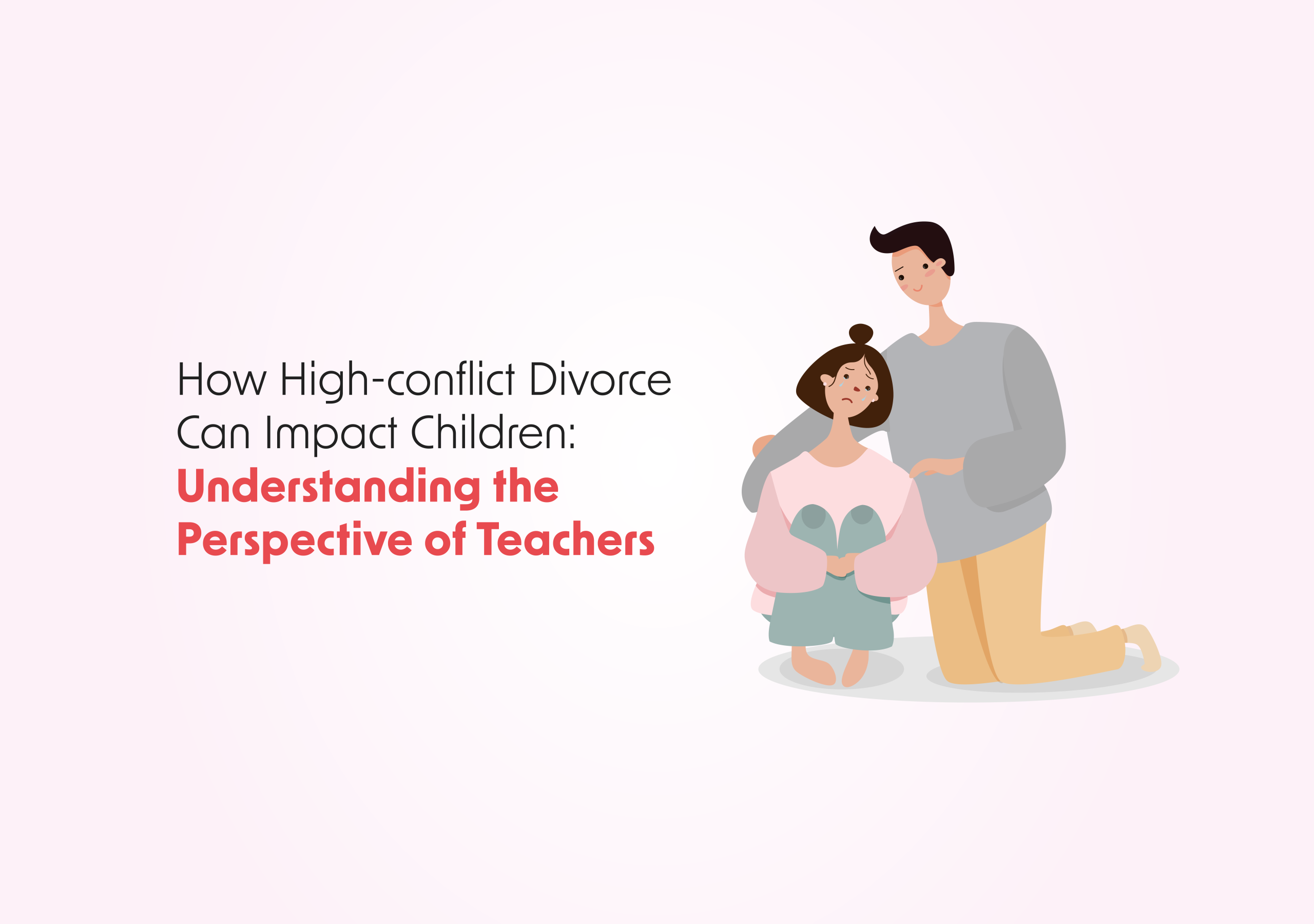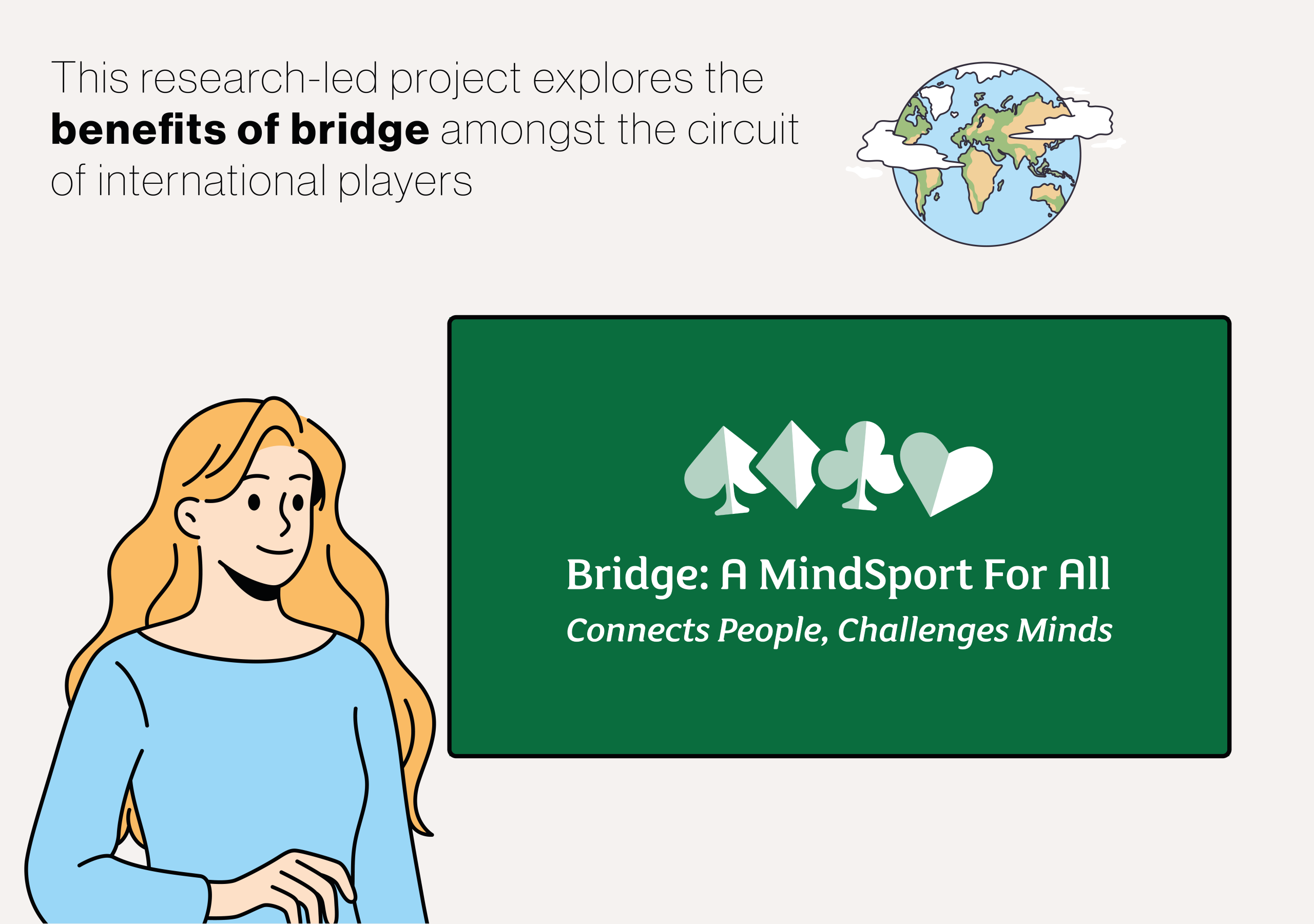By all measures, America’s mental health system is stretched too thin. Families are in crisis, community mental health providers are overworked, and groundbreaking research often struggles to find its way into real-world practice. But thanks to researchers such as Professor Ukamaka Oruche of the University of South Florida, and colleagues, we’re learning how to map and close that gap, one challenge at a time. When we think of medical breakthroughs or scientific discoveries, we often imagine white coats, high-tech labs, and swift translation from theory to practice. But in the world of mental health, particularly in community settings that serve the most vulnerable, reality looks very different. Shockingly, it can take 17 to 20 years for evidence-based mental health interventions to become part of everyday clinical care. More
Bridging this enormous gap is one of the defining challenges of modern healthcare. Professor Ukamaka Oruche’s recent research into provider engagement in community mental health centers (or CMHCs for short) uncovers the stubborn, structural barriers that prevent even the most promising mental health solutions from reaching the people who need them most.
At the heart of Professor Oruche’s study is an intervention called DECIDE, designed to help parents become more active participants in their child’s behavioral health care. The idea is simple but powerful: if parents are more engaged, more informed, and more assertive during medical visits, outcomes improve, especially for children with complex mental health needs like impulse-control or conduct disorders.
The DECIDE intervention is a simple, step-by-step guide designed to help people ask better questions and make more informed decisions about their health. Each letter in “DECIDE” stands for a part of the process:
- D – Define the problem
- E – Explore possible questions
- C – Consider whether questions should be open or closed
- I – Identify who’s involved, how, and why
- D – Direct your questions to the right person
- E – Explore other helpful resources
Originally created by Dr. Margarita Alegria to improve communication between patients and healthcare providers, the intervention was later adapted by Professor Ukamaka Oruche and her team to support parents and the mental health professionals who care for their children. The goal is to build stronger, more productive relationships—so that families feel heard, supported, and empowered in their child’s care.
But putting such an intervention into practice proved difficult. Professor Oruche and her collaborators didn’t just theorize, they rolled up their sleeves and embedded themselves in the very places where care happens: underfunded, overstretched, and overburdened CMHCs serving children and families in crisis.
These centers are lifelines in their communities, but they are also struggling. Public funding cuts, high caseloads, and chronic staffing shortages make it difficult to introduce anything new, no matter how beneficial. Providers are expected to do more with less every single day. Asking them to participate in a research study, on top of everything else, was often seen as an additional burden.
Despite initial enthusiasm from administrators and efforts to make participation as simple as possible, the research team hit a wall. Only six providers joined the study in the first 10 months (the initial goal was to recruit 16), and just two managed to recruit even a single parent. The roadblocks were mounting, and Professor Oruche and her team were faced with a harsh truth: they would need to modify their study in real time or watch it collapse.
Rather than give up, the team adapted. In fact, they adapted over and over again, expanding eligibility criteria, scrapping randomization plans, dropping requirements for session recordings, and ultimately running a sub-study to better understand the hesitations of the mental health providers.
Each adjustment came with trade-offs. Some threatened the scientific rigor of the original design. Others made it harder to measure outcomes precisely. But without them, the study would not have happened at all.
Through it all, Professor Oruche and colleagues remained focused on the bigger picture: understanding why providers weren’t engaging, and figuring out how to remove those barriers not just for her study, but for future ones as well.
What the team discovered wasn’t entirely surprising, but it was eye-opening in its depth. They found several key barriers that impeded the study. For instance, only providers working with adolescents aged 12–17 with a specific diagnosis could initially participate. That left out many willing providers who worked with younger kids or those without formal diagnoses. An overly ambitious study design was another issue. A randomized controlled trial might be the gold standard in research, but in the unpredictable world of community mental health, it simply wasn’t practical.
Recruitment requirements were also a barrier. Providers were expected not only to join the study themselves, but also to recruit parents. That added burden dissuaded many who might otherwise have participated. Some providers balked at the idea of being recorded during sessions with clients, fearing breaches of confidentiality or discomfort from clients. Despite safeguards, the concern persisted. The biggest hurdle of all was the high day-to-day provider workload. Providers in CMHCs are often barely keeping up with their current workload. Asking them to “do one more thing,” no matter how beneficial, felt impossible.
In the end, the DECIDE study didn’t recruit as many participants as initially hoped. But it did something arguably more important: it illuminated the real-world complexity of implementing research in public mental health settings. The research team documented every twist and turn, offering a candid account of what worked, what didn’t, and why. They shared hard-won lessons about flexibility, collaboration, and the value of listening to providers on the ground, and turned what could have been perceived as a frustrating exercise in trying to make a study work into a learning experience that could assist others to better approach real-world research in the future.
The research has revealed new paths forward, such as incorporating training into provider onboarding, offering incentives, assigning research liaisons on-site, and co-designing studies with community input from the start.
One of the most striking takeaways from the study is how much of the burden isn’t about research at all, it’s about the structural limitations of our mental health system. Providers aren’t resisting because they don’t care. They’re resisting because they’re already drowning in work. No amount of research finesse can overcome a system that is underfunded, understaffed, and undervalued. If we want better mental health outcomes, we need upstream investment, not just better interventions.
Professor Ukamaka Oruche and her team have pulled back the curtain on the challenges of improving mental health care from within, and offered a roadmap for how we might start to do better. Their work reminds us that the most meaningful breakthroughs don’t happen in the lab. They happen in the field, amid the setbacks, the improvisations, and the tenacity to persist.







